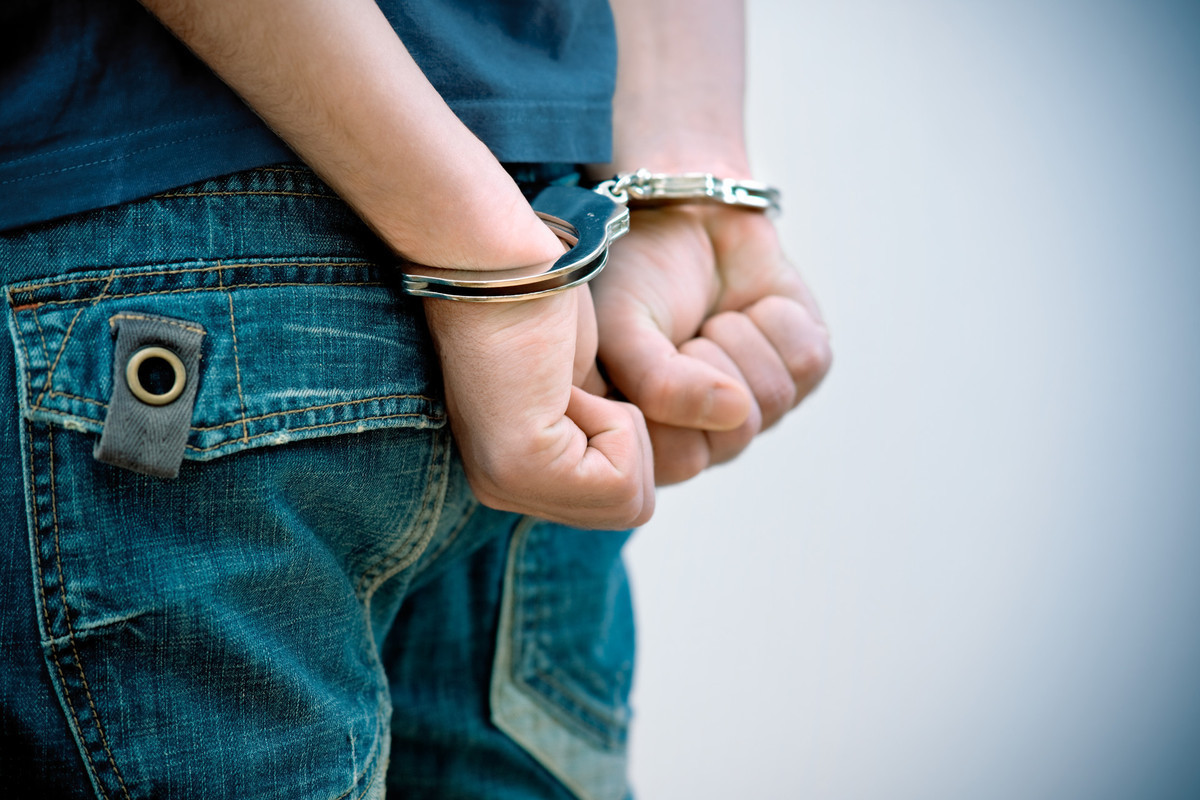Minors' rights protected despite lowering age for punishment
By Qiao Xinsheng | China Daily | Updated: 2020-10-16 07:14

The draft amendment to the Criminal Law, submitted to the National People's Congress Standing Committee for a second review on Tuesday, proposes that children aged 12 to 14 be held criminally liable if charges of intentional homicide or intentional injury causing deaths, or a crime committed by cruel means are approved by the Supreme People's Procuratorate.
The NPC Standing Committee, China's top legislature, has proposed the amendment to ensure the law better adapts to the present times when, due to the improvement of people's living conditions and the development of the internet, even young children are aware about society and law. So, if minors in the 12-14 age group who commit intentional homicide or intentional injuries causing deaths are not held criminally responsible, there will be serious negative impacts on society.
For example, people from all walks of life have been calling for lowering of the age of criminal liability, in order to curb crimes committed by minors, especially school students, and ensure the legitimate rights and interests of other minors are better safeguarded. Some minors commit grievous offenses on impulse, though, for they don't have a fully developed sense of values.
So, after weighing the pros and cons, the NPC Standing Committee decided to amend the Criminal Law-to appropriately lower the age of criminal liability-and revise some sections and clauses of the Law on the Protection of Minors to increase the responsibilities of parents and guardians.
First, the amendment to the Criminal Law stipulates that minors aged 12 to 14 who commit intentional homicide or intentional injuries causing deaths, or a crime by cruel means should bear criminal responsibility. That means minors aged between 12 and 14 will not be held criminally responsible if they have not committed intentional homicide or intentional injuries causing deaths, or a crime through cruel means.
This amendment is mainly aimed at curbing criminal behavior, especially intentional homicide and intentional injuries, on school campuses. The top legislature made the age-related change in the draft amendment because of several violent offenses committed by very young people that shocked people across the country and aroused public concern. And it is hoped that bringing minors to justice for committing violent offenses will deter potential juvenile offenders.
Second, the amendment says the cases in which minors aged 12 or above but below 14 face charges of grievous crimes must be reported to the Supreme People's Procuratorate for approval. That is to say, the Supreme People's Procuratorate will have the final say in deciding whether minors in the 12-14 age group should be investigated for criminal liability, and without its approval, no judicial organ can hold them criminally responsible. This is to protect the interests of minors to the maximum extent.
If all procuratorial organs or courts were authorized to investigate juveniles aged 12 to 14 for criminal responsibility, it could lead to the abuse of this provision which would be detrimental to the protection of juveniles' interests.
Third, the fact that minors aged between 12 and 14 who commit offenses other than intentional homicide or intentional injuries causing deaths will also be held criminally responsible does not mean they would be left to themselves, as their guardians have to bear greater responsibility and the country's juvenile delinquency prevention system will be improved to correct their behaviors.
The Law on the Prevention of Juvenile Delinquency will be used to further improve the re-education system and set up specialized correctional institutions to ensure minors' right to education is protected, and they do not commit any crimes during or after reformatory education.
How to reduce and prevent juvenile delinquency is a common problem facing all countries. The age of criminal liability in many countries is 14 or above, because it is difficult for minors below 14 to fully understand the nature and consequences of their actions. So lowering the age of criminal responsibility may not necessarily lead to reduction in juvenile delinquency. But if we do not take into account that more and more minors below 14 are committing grave offenses and, accordingly, amend the Criminal Law to hold minors criminally liable for committing intentional homicide or intentional injuries causing deaths, such minors could cause more damage to society.
Some Chinese academics argue that crimes such as rape, robbery, drug trafficking, arson, explosion and poisoning should be included in the scope of criminal responsibility for minors in the 12-14 age group, saying only in this way can juvenile delinquencies be curbed and the safety and interests of minors, especially school students, protected.
Investigation of criminal responsibility is only a means, not an end, to reduce social evils and better protect people. From this point of view, multiple measures, including increasing the responsibilities of minors' guardians, will contribute to reducing juvenile delinquencies.
The author is a professor at the Law School of Zhongnan University of Economics and Law. The views don't necessarily represent those of China Daily.
If you have a specific expertise and would like to contribute to China Daily, please contact us at opinion@chinadaily.com.cn , and comment@chinadaily.com.cn
























